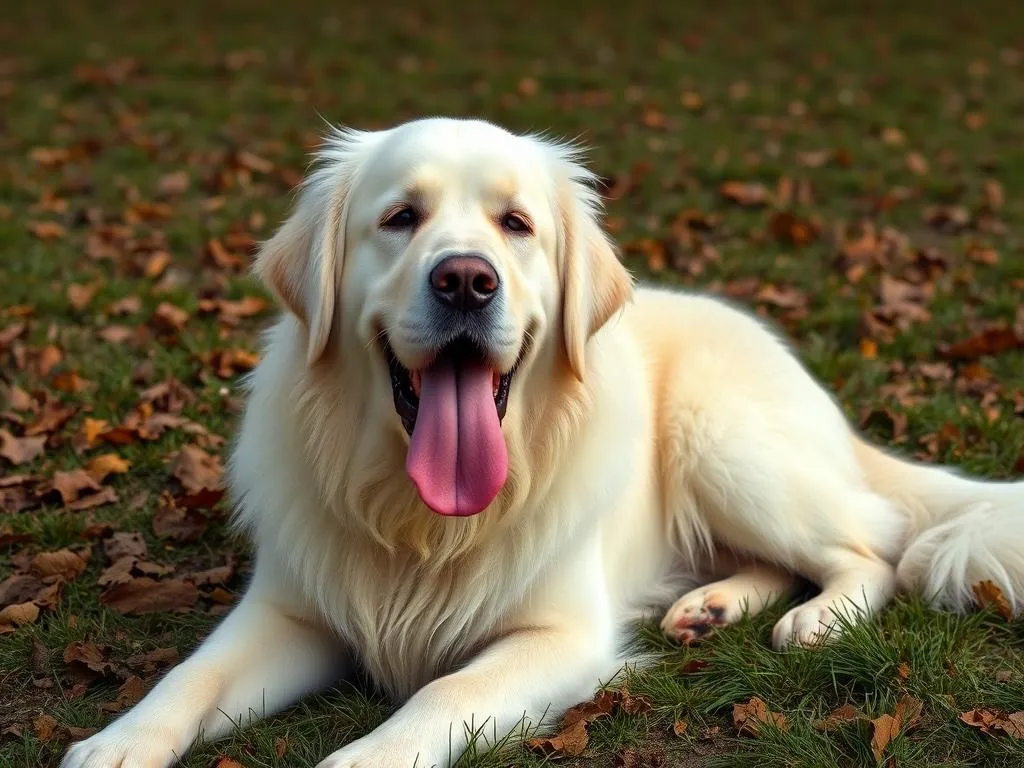
Introduction
Service dogs play a pivotal role in assisting individuals with disabilities, providing support that enhances their quality of life. These specially trained dogs are more than just companions; they perform specific tasks that help their handlers navigate daily challenges. Among various dog breeds, the Great Pyrenees stands out for its gentle nature and protective instincts.
This article aims to explore whether Great Pyrenees make good service dogs by examining their characteristics, strengths, and potential challenges. We will also consider what qualities are essential for a service dog and how this breed measures up to those standards. Key questions to answer include: What qualities make a good service dog? How do Great Pyrenees fit into this role?
Understanding Service Dogs
Definition of Service Dogs
A service dog is defined as a dog trained to perform tasks for a person with a disability. These tasks must be directly related to the individual’s disability, allowing them greater independence and safety. It’s crucial to distinguish service dogs from therapy dogs and emotional support animals; while therapy dogs provide comfort and companionship, and emotional support animals offer mental health support, only service dogs are granted public access rights under the Americans with Disabilities Act (ADA).
Types of Service Dogs
Service dogs can be categorized into various types based on their specific tasks. Here are some common categories:
- Mobility Assistance Dogs: Help individuals with physical disabilities navigate their environment.
- Guide Dogs: Assist visually impaired individuals in safely navigating their surroundings.
- Medical Alert Dogs: Trained to detect medical conditions, such as seizures or low blood sugar, alerting their handlers to take necessary action.
Each type of service dog is trained to perform specific tasks that directly assist their handlers, which is vital for their effectiveness.
Characteristics of Great Pyrenees
Breed Overview
The Great Pyrenees, also known as the Pyrenean Mountain Dog, has a rich history as a livestock guardian in the mountainous regions of France and Spain. This breed is known for its majestic appearance, characterized by a large, sturdy frame covered in a thick, white coat. Adult Great Pyrenees typically weigh between 85 to 115 pounds, showcasing their impressive stature.
Temperament and Behavior
Great Pyrenees are renowned for their loyalty, independence, and protective nature. They are often described as calm and gentle, making them wonderful companions. However, their independent streak can sometimes translate into a stubborn attitude. When it comes to socialization, they generally exhibit a friendly demeanor toward people and can be cautious around unfamiliar animals, which may require careful management.
Assessing the Suitability of Great Pyrenees as Service Dogs
Strengths of Great Pyrenees
The Great Pyrenees offers several strengths that can make them suitable as service dogs:
- Natural Protective Instincts: Their history as livestock guardians equips them with a strong protective instinct, making them vigilant and attentive to their environment.
- Calm Demeanor: They tend to remain composed in stressful situations, which can be beneficial for service dog work.
- Ability to Bond: Great Pyrenees are known for forming deep bonds with their handlers, which can enhance the effectiveness of their service work.
Potential Challenges
Despite their strengths, there are challenges to consider when evaluating if Great Pyrenees make good service dogs:
- Independent Nature: Their tendency to be independent can lead to stubbornness, making training more challenging.
- Size and Space Considerations: Due to their large size, adequate space for training and living arrangements is crucial.
- Physical Health Issues: Common health concerns, such as hip dysplasia, may affect their longevity and ability to serve effectively.
Training Requirements for Service Dogs
Basic Training for Service Dogs
All service dogs must undergo rigorous training, starting with basic obedience. This includes commands such as sit, stay, and come, which lay the foundation for more complex tasks. Socialization is equally important; service dogs must be comfortable in various environments and around different people and animals to ensure they can perform their duties effectively.
Specific Training Needs for Great Pyrenees
Training Great Pyrenees requires specific methods tailored to their temperament:
- Positive Reinforcement: This method works well with Great Pyrenees, as they respond positively to rewards such as treats and praise.
- Consistency: Regular practice and consistency in commands are essential to overcoming their independent nature and reinforcing desired behaviors.
Training may take longer for Great Pyrenees compared to more eager-to-please breeds, but with patience and dedication, they can excel as service dogs.
Personal Testimonials and Case Studies
Success Stories
Many handlers have shared success stories about their Great Pyrenees serving as effective service dogs. For instance, one handler reported that their Great Pyrenees was able to alert them to impending seizures, allowing for timely intervention. Another case involved a Great Pyrenees assisting a mobility-impaired individual by providing balance and support while walking.
Challenges Faced by Handlers
While there are many success stories, challenges can arise during the training and working phases. One handler noted difficulties in maintaining focus during distractions, a common issue due to the breed’s independent nature. However, through consistent training and gradual exposure to various settings, the handler was able to improve their dog’s focus and reliability.
Conclusion
Summary of Key Points
In summary, Great Pyrenees possess both strengths and challenges as service dogs. Their natural protective instincts, calm demeanor, and ability to bond with handlers are significant advantages. However, their independent nature, size considerations, and potential health issues may pose challenges that require careful management.
Final Thoughts
For potential handlers considering a Great Pyrenees as a service dog, it is crucial to conduct thorough research on both the breed and the specific requirements of service dogs. By understanding both the strengths and challenges of this breed, handlers can make informed decisions about whether a Great Pyrenees would be the right fit for their needs.
With the right training, patience, and commitment, a Great Pyrenees can not only become a loyal companion but also an effective service dog, enriching the lives of those they assist.








